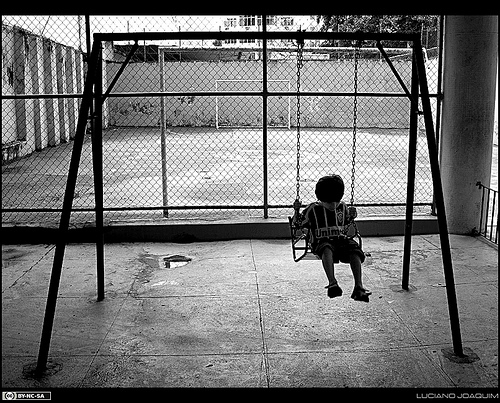Helping your Child to Make Friends


Not all children make friends easily; some need extra help with socialising just as others need extra help with learning to read, learning to speak or counting. socialising is a skill which is learned slowly through trial and error and of course through example.

That is not to say that a parent who finds friendship difficult will automatically have a child who also struggles; some children are born with an innate gift for making friends and others are not.
If your child is struggling with friendships it can be painful to watch and yet many parents feel at a loss as to how best to help their child.
At around the age of 3, children begin to explore friendship but their moves towards it are very tentative; they will begin by playing alongside one another and by showing favourite toys to one another. Playing a game which involves turn taking is beyond most 3 year old children though some may enjoy chasing games at this age because the rules are simple and the fun factor is obvious.
Once children begin school then they usually feel the desire to form closer friendships which are usually based on mutual admiration and a love of similar toys or games. If your child is complaining of having nobody to play with at school then this can be extremely worrying.
Your first step should be to speak to their teacher to ascertain if this is really the case, some children complain of having no friends when in fact they have many and may just be focusing on a small incident or period of time where they felt a little lost or left out.

If your child’s teacher agrees that your child is struggling, then you need to address the issue before it becomes a habit. Begin by inviting a child or two over for a play-date this can be effective as your child will then begin to feel as though they have a special link with these children and the children in turn will feel that they know your child more.
Help your child to understand how to approach other children in the playground, asking “Can I join in?” is not an effective lesson to teach because there is too much scope for the others to answer negatively. Open ended questions such as “What are you playing?” and “Is that your pretend car?” are more effective and are more likely to result in an invitation to join in.
Similarly, helping your child to learn fun games such as clapping and skipping games will arm them with plenty of “tools” for the playground and also help them to learn rhythm and turn taking. Ball games are also important and practicing with your child on a regular basis will give them the confidence they need to jump in at the deep end.
Some children take time to find a special friend and if yours is struggling take heart that they won’t be the only one; speaking to their teacher to find out if any other children are struggling is a good idea because then you can invite that child to play with yours and together they can help one another.
